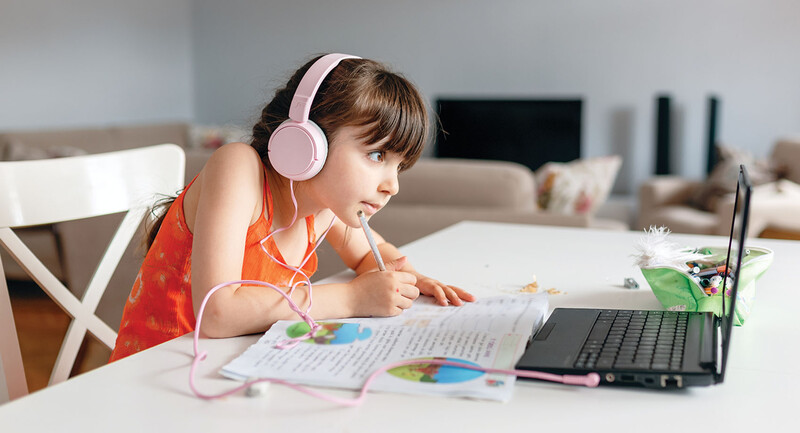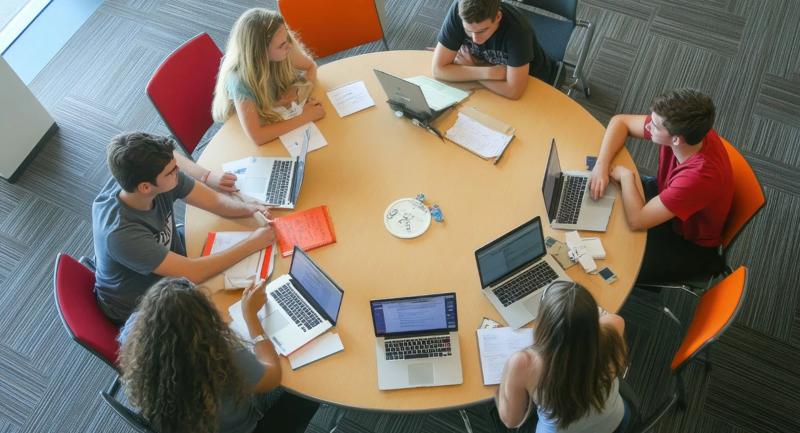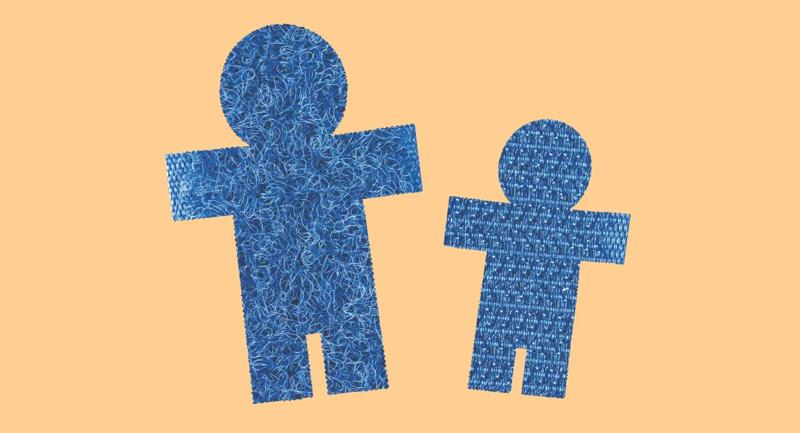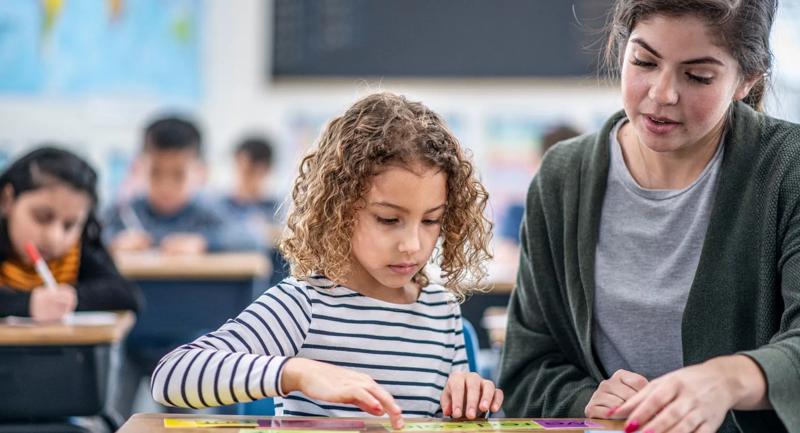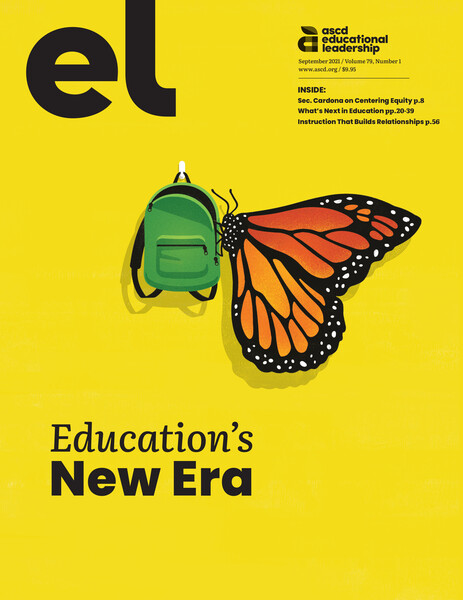There are still many unknowns about how the sudden switch to all-remote learning—or hybrid models—affected students throughout the 2020–2021 school year. But the Rand Corporation recently surveyed 1,045 teachers and 1,183 principals in K–12 schools that adopted one of three operational models (fully remote, hybrid, or fully in-person learning) during this past school year. Analysis of the data collected sheds light on how teachers fared, with some surprises about where many hope to go from here.
As expected, remote schooling was generally associated with fewer instructional opportunities and lower student outcomes in key academic areas:
- Teachers in schools that went fully remote said they had significantly less instructional time and were able to cover less material than did teachers in schools using hybrid or in-person models. Leaders in schools using remote or hybrid learning were more likely to report decreased instructional minutes in some courses or a shortened school day.
- “Remote-only” teachers’ estimates of student assignment incompletion and absenteeism were almost twice as high as those of teachers in fully in-person settings.
- 74 percent of principals in fully remote schools estimated that students’ average achievement in mathematics was below grade level in spring 2021, compared with 63 percent of principals in hybrid settings and 46 percent in fully in-person settings.
Data from this report also confirm many educators’ perceptions that the sudden shift to online schooling had the most adverse effects on students of color and low-income children, though there were some surprises:
- Schools that were fully remote tended to serve higher percentages of students of color and low-income students.
- Although teachers in the highest-poverty schools and schools with most students of color were less likely to report access to reading specialists and one-on-one student-teacher meetings, they reported more access to tutoring for students.
Despite the problems that surfaced, some educators expressed a desire to continue trying remote learning: One-third of teachers who taught remotely for the majority of the year indicated either a preference to do some remote teaching in the future or no preference between in-person and remote. One-third of schools reported plans to offer remote instruction to any student who wants it this year.
Among the report’s recommendations for education leaders on navigating the potential fallout from last school year: Keep a close eye on instruction over this school year to ensure students have access to the right supports; use multiple data points on students’ academic needs to determine spending priorities, and carefully consider ways to vet instructional technology use.

